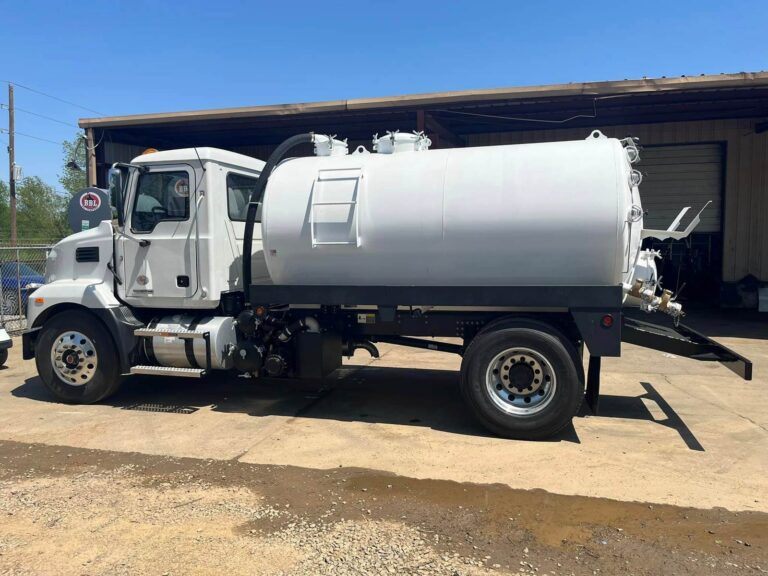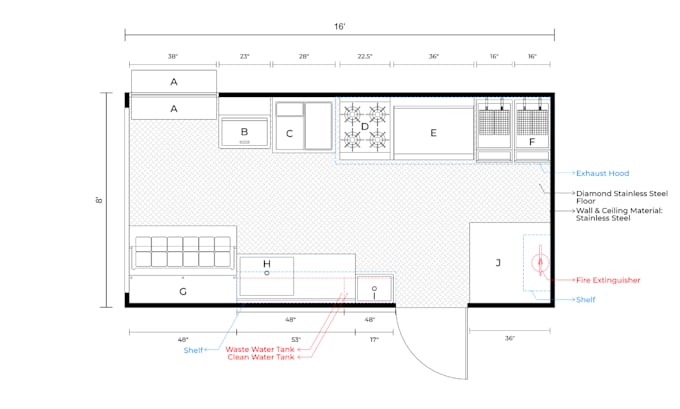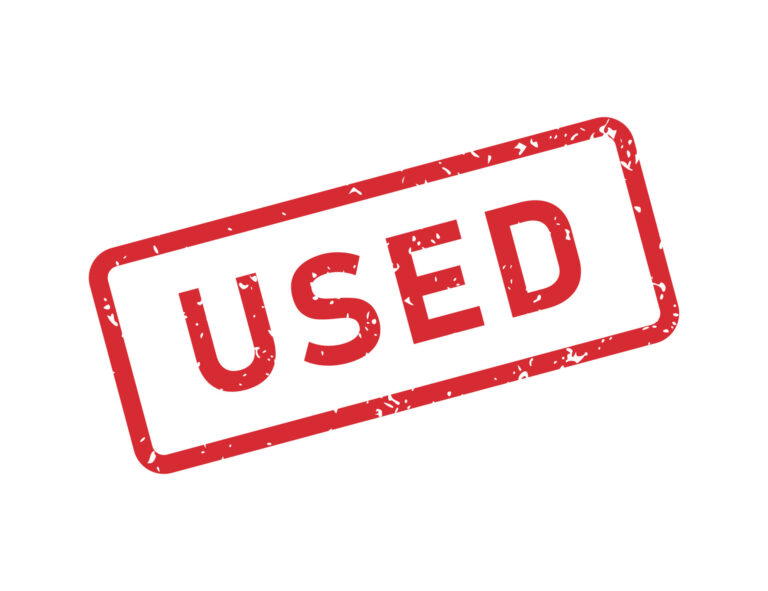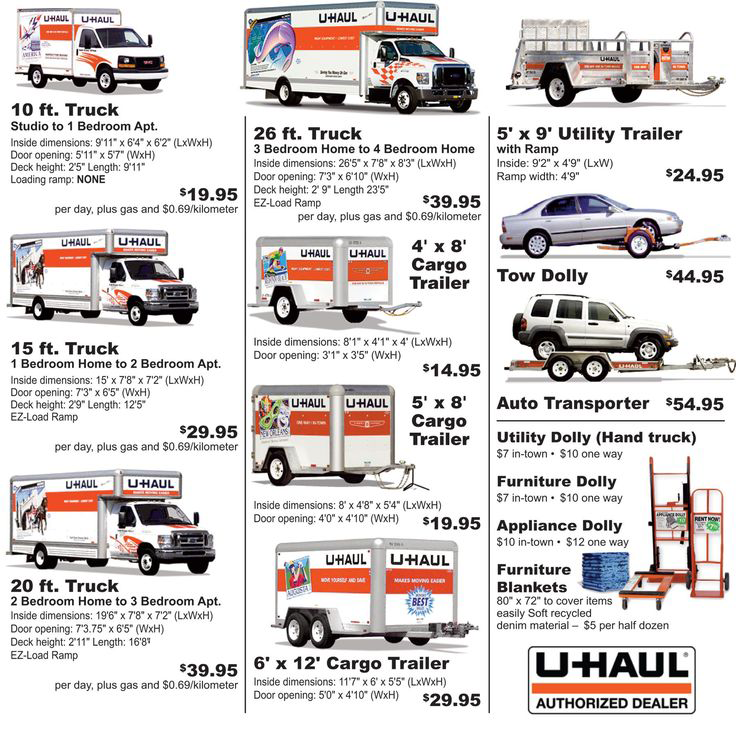Used Sewer Jetter Trucks For Sale: A Comprehensive Buyer’s Guide
Used Sewer Jetter Trucks For Sale: A Comprehensive Buyer’s Guide cars.truckstrend.com
Introduction: Unclogging Opportunities with Used Sewer Jetter Trucks
In the demanding world of municipal infrastructure, plumbing, and environmental services, maintaining clear and functional sewer lines is paramount. Sewer jetter trucks are the workhorses of this industry, utilizing high-pressure water to blast away blockages, grease, roots, and debris, ensuring the smooth flow of wastewater. While new jetter trucks represent a significant capital investment, the market for used sewer jetter trucks for sale offers a compelling alternative for businesses and municipalities looking to expand their capabilities, replace aging equipment, or enter the field without breaking the bank.
Used Sewer Jetter Trucks For Sale: A Comprehensive Buyer’s Guide
This comprehensive guide will delve into the multifaceted world of used sewer jetter trucks, exploring the benefits, key components, types available, critical considerations for purchase, and practical advice to help you make an informed decision. Whether you’re a seasoned contractor or a budding service provider, understanding the nuances of the used market can unlock substantial value and operational efficiency.
Why Consider Used Sewer Jetter Trucks? The Value Proposition
Opting for a used sewer jetter truck over a new one offers several attractive advantages:
- Significant Cost Savings: The most obvious benefit is the substantial reduction in upfront cost. New jetter trucks can range from $200,000 to over $500,000, while well-maintained used models can be acquired for a fraction of that price, often between $30,000 and $200,000, depending on age, condition, and features.
- Immediate Availability: Unlike new trucks that often have long lead times for manufacturing and customization, used trucks are typically available for immediate purchase and deployment, allowing you to quickly capitalize on job opportunities.
- Reduced Depreciation: New vehicles experience the steepest depreciation in their first few years. By purchasing used, you avoid this initial rapid drop in value, potentially retaining more of your investment over time.
- Proven Performance: A used truck has already been field-tested. Its operational history, if documented through maintenance records, can provide valuable insights into its reliability and potential quirks.
- Sustainability: Choosing used equipment is an environmentally conscious decision, extending the lifecycle of existing machinery and reducing the demand for new manufacturing.
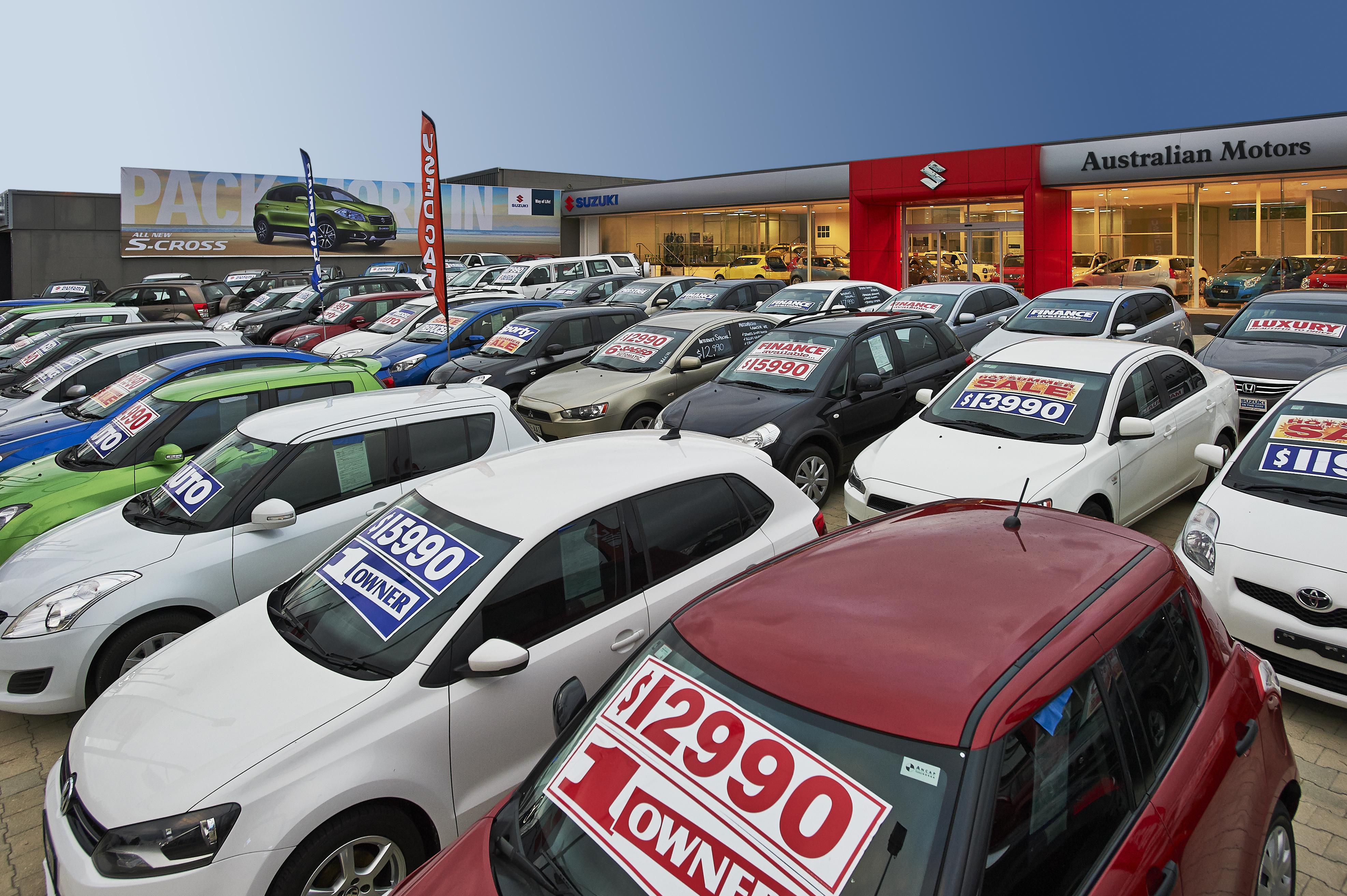
Key Components of a Sewer Jetter Truck
To make an informed purchase, it’s essential to understand the core components that define a sewer jetter truck’s capabilities:
- Truck Chassis: The foundation of the unit, including the engine, transmission, cab, and frame. Brands like Freightliner, International, Kenworth, and Peterbilt are common.
- High-Pressure Water Pump: The heart of the jetting system, rated by GPM (gallons per minute) and PSI (pounds per square inch). Higher GPM indicates faster cleaning, while higher PSI is crucial for breaking through tough blockages.
- Water Tank: Stores the water used for jetting. Capacities typically range from 500 to 2,000+ gallons. Tanks can be made of steel or corrosion-resistant polyethylene.
- Hose Reel: Stores and deploys the high-pressure jetting hose. Can be hydraulically or electrically powered, often featuring an articulating arm for easier maneuverability. Hose lengths vary, commonly 400-800 feet.
- Jetting Nozzles: Interchangeable attachments for the hose, designed for specific tasks like root cutting, grease removal, or general cleaning.
- Control Panel: Located at the rear or side of the truck, allowing operators to control pump pressure, hose reel speed, and other functions.
- Auxiliary Engine: Many larger jetter units have a separate engine dedicated to powering the high-pressure pump, independent of the truck’s chassis engine.
- Debris/Vacuum Tank (for Combination Units): On combo units (hydro-vacs), this tank collects the vacuumed-up debris and wastewater. It includes a powerful vacuum system and typically a hydraulic dumping mechanism.
Types of Used Sewer Jetter Trucks Available
The used market offers a variety of jetter truck configurations to suit different operational needs:
- Dedicated Jetter Trucks: These units are solely focused on high-pressure water jetting for clearing lines. They are generally lighter and more compact than combination units, making them ideal for specific jetting tasks and sometimes more maneuverable in tighter spaces.
- Combination Sewer Cleaner Trucks (Hydro-Vac/Vacuum Jetters): Often called "combo units," these trucks combine high-pressure jetting with a powerful vacuum system. They can jet the line clean and then simultaneously vacuum up the dislodged debris, sludge, and water, making them highly versatile for comprehensive sewer maintenance, culvert cleaning, and hydro-excavation.
- Compact/Mini Jetters: While not always truck-mounted, some smaller truck-mounted units are designed for accessing residential or smaller commercial lines, offering more maneuverability in urban environments.
- Manufacturers: Prominent manufacturers in the new and used market include Vactor, Vac-Con, Sewer Equipment Co. of America (SECA), Super Products, RamVac, and others. Each brand has its loyal following and specific design philosophies.
What to Look For When Buying a Used Sewer Jetter Truck: Important Considerations
Purchasing a used jetter truck requires meticulous inspection and due diligence. Here’s what to prioritize:
-
Condition of the Truck Chassis:
- Mileage & Engine Hours: Low mileage is good, but auxiliary engine hours (for the jetting system) are equally, if not more, important. High hours on the auxiliary engine indicate heavy use of the jetting system.
- Engine & Transmission: Check for leaks, unusual noises, and smooth shifting. A pre-purchase inspection by a qualified diesel mechanic is highly recommended.
- Tires & Brakes: Assess wear and tear.
- Rust & Frame Integrity: Especially critical in regions where salt is used on roads. Check the frame rails, suspension, and body panels for severe corrosion.
-
Condition of the Jetting System:
- High-Pressure Pump: This is the most critical and expensive component to repair or replace.
- Test Pressure & Flow: Ideally, test the pump under load. Look for consistent pressure and flow.
- Leaks: Inspect for leaks around seals, hoses, and fittings.
- Oil Condition: Check the pump’s oil for signs of water contamination or metallic particles.
- Maintenance Records: Verify regular oil changes and service intervals.
- Water Tank: Inspect for leaks, internal corrosion (especially steel tanks), or cracks (poly tanks). Ensure the baffles are intact.
- Hose Reel & Hose: Check the reel’s motor and controls for smooth operation. Inspect the high-pressure hose for abrasions, bulges, or leaks.
- Nozzles: Check if a variety of nozzles are included and their condition.
- Control Panel: Test all buttons, switches, and gauges for functionality.
- Auxiliary Engine (if applicable): Check hours, starting, idle, and full-throttle performance. Look for leaks, smoke, or unusual noises.
- High-Pressure Pump: This is the most critical and expensive component to repair or replace.
-
Condition of the Vacuum System (for Combo Units):
- Blower/Vacuum Pump: Listen for excessive noise, check for proper suction.
- Debris Tank: Inspect for leaks, corrosion, and proper dumping mechanism. Check the condition of the rear door seal.
- Boom/Hose: Check for cracks, wear, and smooth articulation of the boom.
-
Maintenance Records: This is paramount. Comprehensive records indicate responsible ownership and provide a history of repairs and routine maintenance, allowing you to gauge the unit’s longevity and potential future needs.
-
Previous Use & Application: Understand how the truck was previously used. A municipal fleet vehicle might have better maintenance records than a unit from a smaller private contractor.
-
Professional Inspection: Always invest in a third-party professional inspection. A specialized mechanic can identify hidden issues that might be missed by the untrained eye, saving you significant repair costs down the line.
Where to Find Used Sewer Jetter Trucks For Sale
The market for used jetter trucks is diverse:
- Specialized Dealerships: Many equipment dealers specialize in new and used municipal and environmental equipment. They often offer reconditioned units and sometimes warranties.
- Online Marketplaces: Websites like Equipment Trader, TruckPaper, IronPlanet, and Ritchie Bros. Auctioneers are excellent resources for finding listings from dealers and private sellers.
- Auctions: Municipalities, utility companies, and private contractors often sell surplus equipment through public or online auctions. This can be a source of good deals, but "as-is" sales require extra caution.
- Direct from Contractors/Municipalities: Sometimes, you can find units for sale directly from companies or cities upgrading their fleets. This can offer direct insight into the truck’s history.
- Manufacturer Certified Pre-Owned Programs: Some manufacturers offer certified used programs, which can provide added peace of mind.
Tips for a Successful Purchase
- Define Your Needs: Before looking, determine your required GPM, PSI, water tank capacity, whether you need a combo unit, and your budget.
- Set a Realistic Budget: Factor in not just the purchase price but also potential transportation costs, immediate repairs, necessary refurbishments, and any upgrades.
- Ask Detailed Questions: Don’t hesitate to ask about service history, reasons for selling, known issues, and anything else relevant.
- Negotiate: Always be prepared to negotiate the price.
- Factor in Regulatory Compliance: Ensure the truck meets local emissions and safety standards for your operational area.
- Get a Detailed Bill of Sale: Ensure all details of the transaction, including the truck’s VIN, included equipment, and agreed-upon condition, are clearly documented.
Representative Used Sewer Jetter Truck Price Ranges
It’s crucial to understand that prices for used sewer jetter trucks vary widely based on brand, age, condition, GPM/PSI ratings, water tank capacity, mileage, auxiliary engine hours, and regional market demand. The table below provides estimated price ranges for different types and conditions. These are not fixed prices but general guidelines.
| Type of Unit | Manufacturer (Examples) | Model Year Range | Key Specifications (Approx.) | Condition | Estimated Price Range (USD) | Notes |
|---|---|---|---|---|---|---|
| Dedicated Jetter | Vactor, SECA, Vac-Con | 2005 – 2012 | 1000-1500 gal tank, 60-80 GPM | Fair – Good | $30,000 – $70,000 | Higher mileage/hours; may need significant maintenance/repairs. |
| Dedicated Jetter | Vactor, SECA, Vac-Con | 2013 – 2018 | 1200-2000 gal tank, 65-80 GPM | Good – Very Good | $75,000 – $120,000 | Well-maintained; moderate hours; good operational life remaining. |
| Dedicated Jetter | Vactor, SECA, Vac-Con | 2019 – Present | 1500-2500 gal tank, 70-90 GPM | Excellent | $130,000 – $200,000+ | Low hours; recent models; often still under some warranty. |
| Combination Unit | Vactor, Vac-Con, Super Prod. | 2005 – 2010 | 10-12 yd debris, 1000-1200 gal H2O | Fair – Good | $70,000 – $120,000 | Older chassis/components; higher risk of major repairs. |
| Combination Unit | Vactor, Vac-Con, Super Prod. | 2011 – 2016 | 12-15 yd debris, 1200-1500 gal H2O | Good – Very Good | $130,000 – $250,000 | Workhorse units; good balance of price and remaining service life. |
| Combination Unit | Vactor, Vac-Con, Super Prod. | 2017 – Present | 15-18 yd debris, 1500-2000 gal H2O | Excellent | $260,000 – $400,000+ | Near-new condition; often from dealer trade-ins; significant savings vs. new. |
Frequently Asked Questions (FAQ)
Q1: How much does a used sewer jetter truck typically cost?
A1: As shown in the table above, prices can range from $30,000 for older, higher-hour dedicated jetters to over $400,000 for recent model combination units in excellent condition. The cost heavily depends on age, condition, manufacturer, GPM/PSI, and tank capacity.
Q2: What’s the typical lifespan of a sewer jetter truck?
A2: A well-maintained sewer jetter truck, particularly the robust chassis and jetting components, can have an operational lifespan of 15-25 years or even more. The auxiliary engine (for the jetting system) often dictates the life of the jetting component, with 5,000 to 15,000+ hours being common.
Q3: Should I buy a dedicated jetter or a combination unit?
A3: This depends on your primary needs. If your work solely involves clearing blockages with high-pressure water and debris removal isn’t a concern, a dedicated jetter is more cost-effective. If you need to jet and vacuum up debris (sludge, sand, roots) for comprehensive cleaning and disposal, a combination unit is essential.
Q4: What are the most important maintenance records to check?
A4: Prioritize records for the high-pressure pump (oil changes, seal replacements), the auxiliary engine (oil changes, filter replacements, tune-ups), and any major chassis components (engine, transmission service). Proof of regular preventative maintenance is a strong indicator of a well-cared-for unit.
Q5: Can I finance a used sewer jetter truck?
A5: Yes, financing for used commercial equipment is widely available through equipment finance companies, banks, and some specialized dealerships. Lenders will assess the age and condition of the truck, as well as your business’s creditworthiness.
Q6: What’s the difference between GPM and PSI, and why are they important?
A6: PSI (Pounds per Square Inch) refers to the pressure of the water. Higher PSI is crucial for cutting through tough blockages like roots, hardened grease, or scale. GPM (Gallons Per Minute) refers to the volume of water flow. Higher GPM means more water is being used, which helps in flushing out dislodged debris and cleaning larger diameter pipes more effectively and quickly. Both are critical specifications; the ideal balance depends on your typical job requirements.
Q7: Is it worth getting a professional inspection for a used jetter truck?
A7: Absolutely. A professional, independent inspection by a mechanic experienced with heavy equipment and jetting systems can uncover hidden mechanical issues, structural damage, or wear that could lead to costly repairs down the road. It’s a small investment that can save you a significant amount of money and headache.
Conclusion: Smart Investment for Sustained Operations
The market for used sewer jetter trucks for sale presents a compelling opportunity for businesses and municipalities to acquire essential equipment at a fraction of the cost of new models. While the allure of significant savings is strong, a successful purchase hinges on thorough research, meticulous inspection, and a clear understanding of your operational needs. By prioritizing the condition of the chassis and, crucially, the jetting and vacuum components, examining maintenance records, and seeking professional advice, you can secure a reliable and productive asset that will serve your needs for years to come, ensuring the critical flow of wastewater and the health of your community’s infrastructure.

